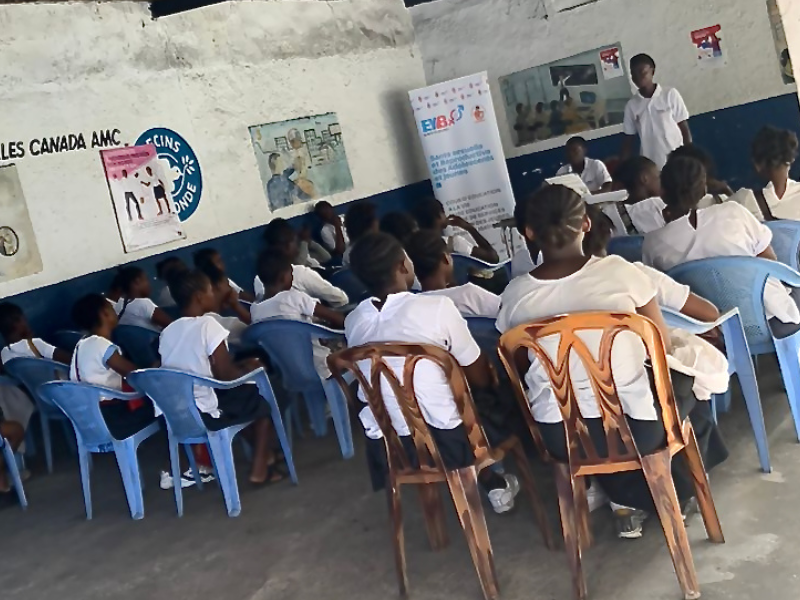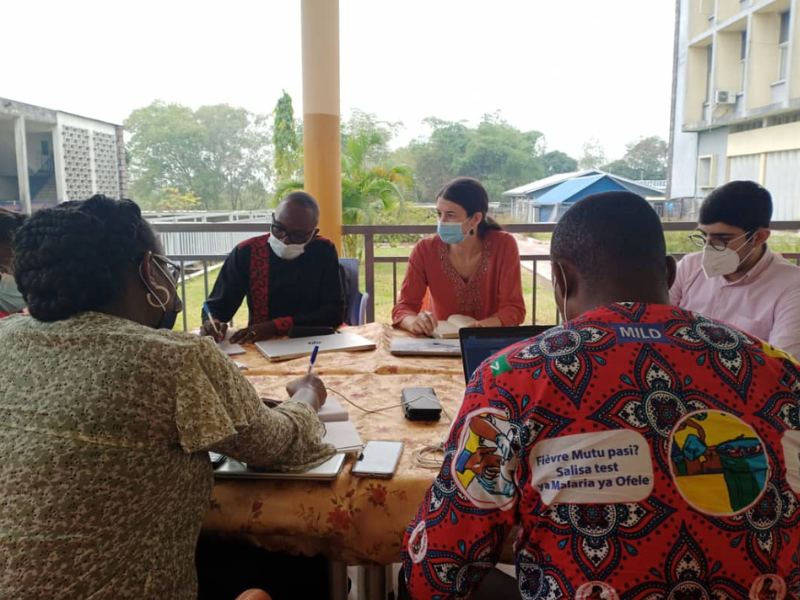More Family Planning in the DRC

Dr. Julie Hernandez, associate professor in the Department of International Health and Sustainable Development, has secured additional funding to continue family planning efforts in the Democratic Republic of Congo (DRC).
Hernandez received a $1.5 million grant from the David and Lucille Packard Foundation -- the second such award from Packard -- to continue working on the project Elikya Ya Bilenge, which means “Hope for the youth” in Lingala. The grant will provide funding for an additional two years in the DRC through 2025.
In addition, Hernandez was able to secure a 6-month grant of $250,000 from the Clinton Health Access Initiative.
“With the ongoing global efforts towards increasing localization and empowering national organizations to lead public health interventions in their communities, it’s very exciting to be part of this project and learn how best to translate these efforts into practice in such a fragile context as the DRC,” Hernandez said.

Tulane has had a long partnership in these efforts with SANRU, a non-governmental organization based in the DRC. The Elikya Ya Bilenge (EYB) project objectives are to strengthen SANRU's capacity and visibility as a major actor for innovative sexual and reproductive health and research programs for youth and adolescents in Sub-Saharan Africa.
With technical support from Tulane, SANRU will continue to refine and learn from its current intervention model, which combines comprehensive sex education, peer education, and community-based events for students in Kinshasa high schools.
EYB is one of the first programs in DRC to specifically use CSE in order to improve awareness and self-efficacy about contraception.
In the second phase of the project, based on feedback from the first generation of students involved in the project, the project will add menstrual health and gender norms as focus areas for all of its activities. IHSD doctoral student Gael Compta will continue to work with Hernandez and counterparts in the DRC to strengthen local monitoring and evaluation and research units for the project.
